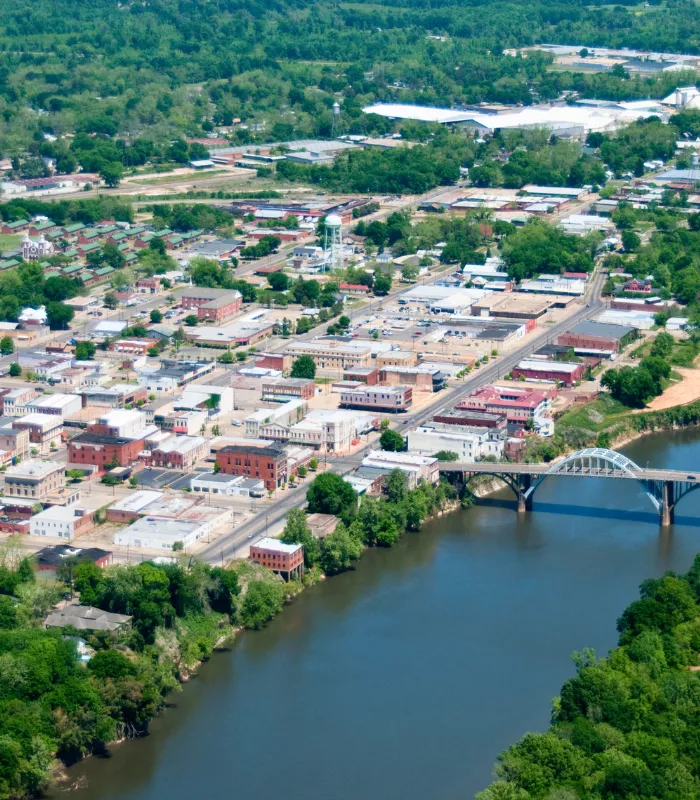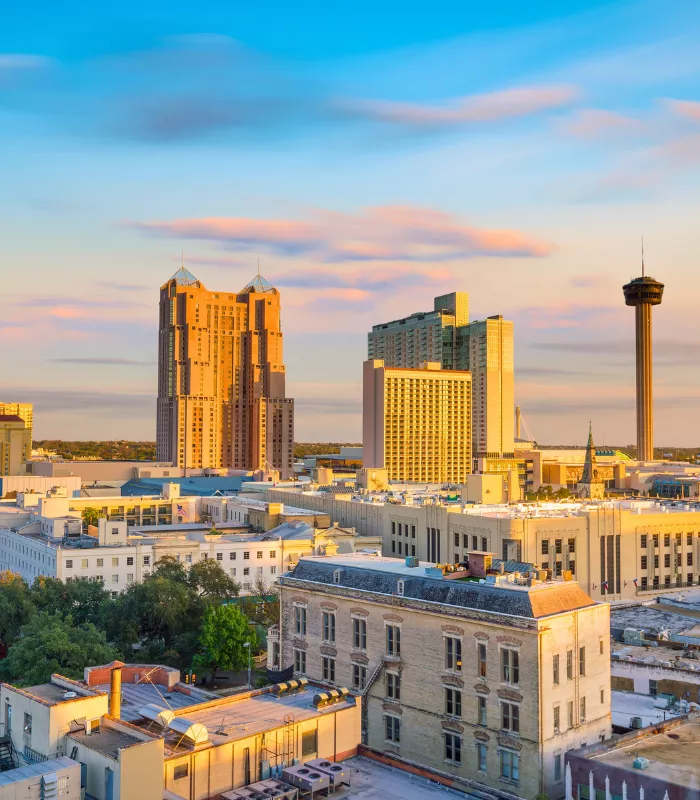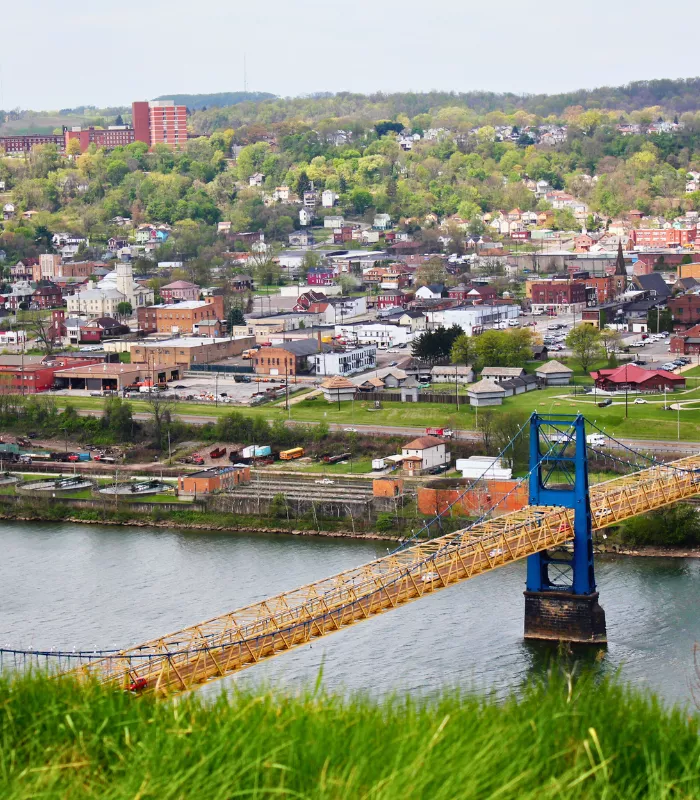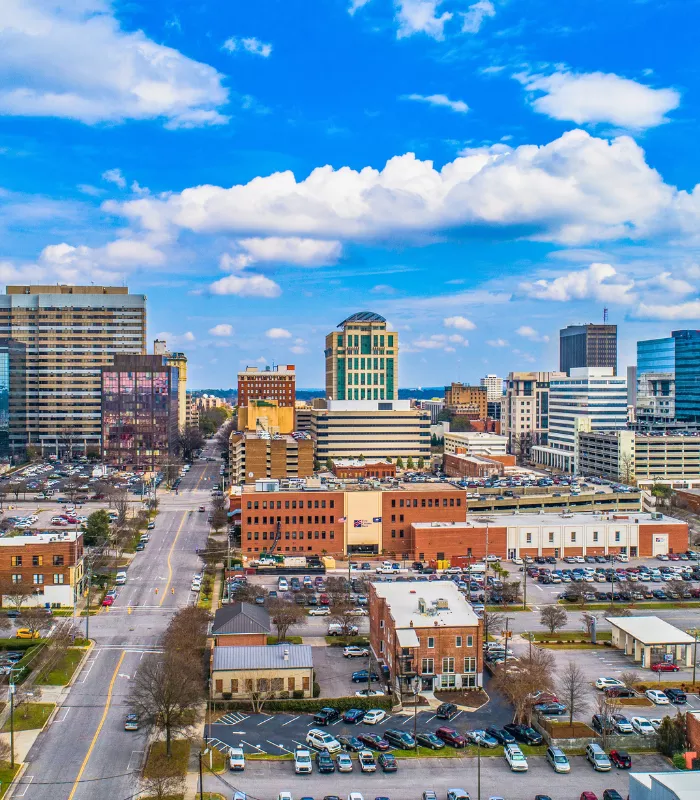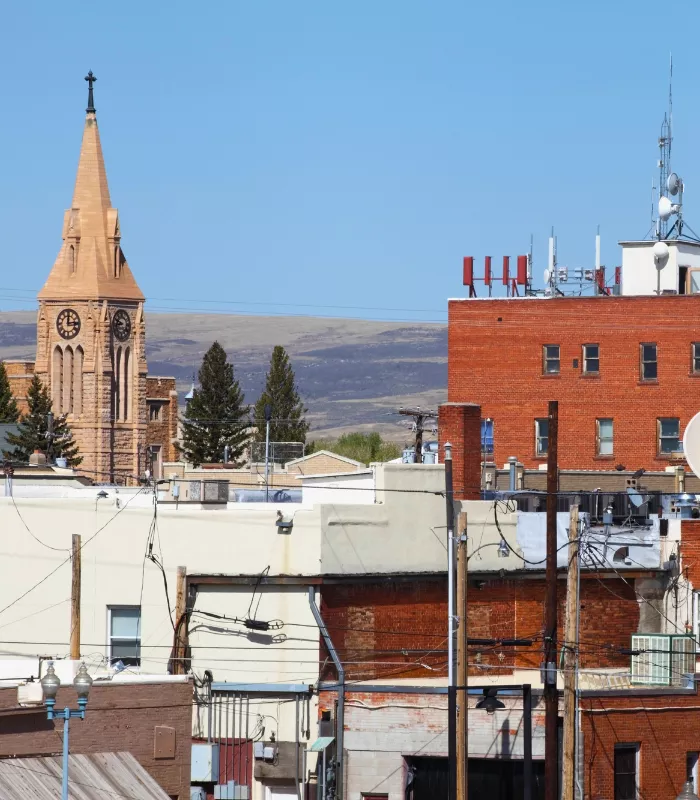Retirement is supposed to be the golden age of garden parties and book clubs.
But not every state got the memo.
In some places, your best friend might just be the local pharmacist.
This list dives into where the social scene for seniors fizzles instead of sizzles.
Warning: these aren’t your bingo hall havens.
1. Mississippi, MS
Mississippi ranks last in the nation for senior health. It struggles with poverty, poor health access, and limited social support.
Older adults here have the highest risk of social isolation.
The state also performs poorly in economic and behavioral factors. These factors heavily influence older adults’ ability to stay socially active.
Many seniors face both physical and social health challenges here.
Loneliness here isn’t just a feeling.
It’s backed by data that paints a grim picture.
2. Louisiana, LA
Louisiana ranks low in health care and economic stability for seniors.
It consistently performs poorly in studies on senior well-being. Older adults face many hurdles when it comes to staying connected.
Social and economic factors contribute to weak senior support networks.
The state also lacks resources that help promote healthy social aging.
This makes it harder for older adults to maintain strong friendships.
The state’s seniors don’t have many places to turn.
Community programs are sparse and funding is tight.
3. West Virginia, WV
West Virginia is one of the unhealthiest states for older adults.
It ranks low across many senior health and social indicators.
A large number of seniors here report depression.
That depression makes it harder for them to connect socially.
Lack of access to care adds to the problem. Seniors often face both mental and social health struggles here.
The combination of poor health and isolation is toxic.
Seniors here face a double burden few can overcome alone.
4. Kentucky, KY
Kentucky struggles in many health and economic categories for seniors.
Its older population faces limited resources and poor access to care.
This weakens chances for strong community ties.
The lack of senior centers and support programs doesn’t help.
Depression and isolation are concerns for many.
It’s hard to stay socially active in this environment.
Senior centers are few and far between.
The ones that exist often lack proper funding or staff.
5. Oklahoma, OK
Oklahoma ranks near the bottom for senior health and support.
Many older adults here live with disabilities. That can make staying socially connected more difficult.
Seniors here also face economic hardship.
These barriers limit their ability to engage in activities or travel.
It creates a social gap that can be hard to close.
Living with a disability compounds the loneliness.
It becomes harder to leave home or join group activities.
6. Arkansas, AR
Arkansas ranks poorly for older adult health and support.
The state lacks strong resources for senior wellness and connection.
That limits social opportunities for many.
Although depression isn’t the worst here, it still plays a role. Seniors face broader well-being concerns that weaken social life.
Economic challenges add to the issue.
Wellness programs that could help are nearly absent.
Seniors are left to manage on their own.
7. Tennessee, TN
Tennessee is another state where older adults report high depression.
That makes staying socially active a challenge.
The state also lacks strong senior programs.
Limited support and access to care affect quality of life.
Many seniors here feel isolated or disconnected.
Social resources aren’t easy to find.
Without programs, seniors can’t easily find social outlets.
The lack of investment shows in the isolation rates.
8. Nevada, NV
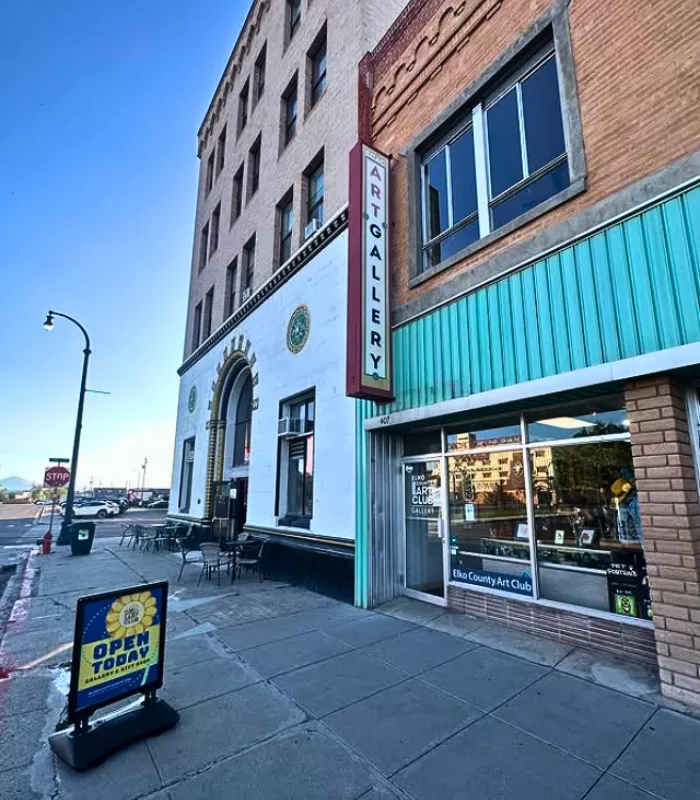
Nevada ranks low overall for senior health.
Older adults here face challenges in health, finance, and access.
These issues impact their social well-being. Large parts of the state are spread out and rural.
That makes socializing harder for seniors without reliable transport.
The urban areas don’t always fill that gap.
Distance between neighbors can be measured in miles.
That makes spontaneous visits or meetups nearly impossible.
9. Alabama, AL
Alabama is another state where older adults face many challenges.
Health, finance, and mobility issues impact senior life.
Social opportunities are limited.
The state ranks poorly across senior health indicators.
That includes factors tied directly to isolation.
Support programs are also lacking in many areas.
Many counties don’t have adequate senior services.
This leaves older adults without the help they need.
10. Arizona, AZ
Arizona might be popular with retirees, but it has major downsides.
It ranks poorly in health support for older adults.
Many seniors report difficulty finding strong social ties. The state also faces challenges with affordability and access.
This affects how often seniors can engage in social activities.
The result is a weaker sense of community.
The retirement dream doesn’t match the reality. Many find themselves more alone than they expected.
11. Missouri, MO
Missouri ranks low in overall health for older adults.
Depression rates among seniors are high.
This makes it hard to stay socially engaged.
Many areas in the state lack strong senior programs.
Transportation and access to care are also concerns.
These all make it harder for seniors to stay connected.
Without reliable transit, seniors can’t reach social events.
They end up stuck at home more often than not.
12. New Mexico, NM
New Mexico is a beautiful state, but seniors face challenges here.
Depression rates among older adults are high.
It also ranks low overall for senior well-being.
Many live in rural areas with few resources.
That makes community events and support hard to find.
Isolation is a big issue.
Scenic views don’t replace human connection. Seniors here trade beauty for companionship.
13. Georgia, GA
Georgia ranks low in senior health and economic factors.
Many older adults here face barriers to staying active socially.
Health care and transportation access are uneven.
Large rural areas make things even harder.
Many seniors live far from community centers.
It’s not easy to maintain social routines.
Urban seniors fare slightly better than rural ones.
But even city dwellers struggle with access and cost.
14. Texas, TX
Texas is big, but bigger doesn’t mean better for senior social life.
The state ranks low overall for senior well-being.
Older adults struggle with health care and transportation.
In rural counties, isolation is a serious risk.
City life isn’t always better due to cost.
Many seniors can’t afford to stay socially active.
The state’s vastness works against community building.
Seniors in small towns often feel forgotten.
15. Ohio, OH
Ohio ranks poorly in senior health.
Older adults here report high levels of depression.
That lowers motivation for social interaction.
Support services aren’t evenly distributed.
Some cities do better, but rural areas are lacking.
This leads to gaps in senior social care.
Urban areas have more options than rural ones.
But the gap between them keeps growing.
16. Indiana, IN
Indiana ranks low in health care and social support for seniors.
Depression among older adults is common.
This creates obstacles for staying socially engaged.
Senior programs aren’t widely available in all parts of the state.
Transportation also limits participation.
Many seniors report feeling isolated.
Getting to activities requires a car in most areas.
Seniors who can’t drive are stuck.
17. South Carolina, SC
South Carolina faces many challenges in senior health and well-being.
Support systems for older adults are weak in several counties.
Economic factors also play a big role.
Seniors here may struggle to find affordable social opportunities.
Limited community centers add to the problem.
Depression and isolation are growing concerns.
Without affordable activities, seniors stay home.
Social isolation becomes the default rather than the exception.
18. Wyoming, WY
Wyoming has some high-ranking senior centers.
But overall, the state ranks low for senior health.
Its rural nature makes connection harder.
Many older adults live far from others.
This limits opportunities for daily social interaction.
Services don’t always reach remote areas.
The few good programs can’t serve everyone.
Distance and weather make participation even harder.
19. North Carolina, NC
North Carolina ranks poorly for older adult health overall.
Many seniors report feeling depressed.
This makes socializing difficult.
Support programs aren’t consistent across the state.
Transportation and income barriers add stress.
These factors reduce chances for regular connection.
Income limits what seniors can do socially.
Free or low-cost options are hard to find.
20. Illinois, IL
Illinois is one of the lowest-ranked states for older adult well-being.
Social and economic struggles are part of the reason.
Seniors often face high living costs and stress.
In many communities, support networks are weak.
This affects mental health and social activity.
Isolation becomes more likely with limited support.
High costs force some seniors to cut social spending.
They choose between bills and staying connected.







